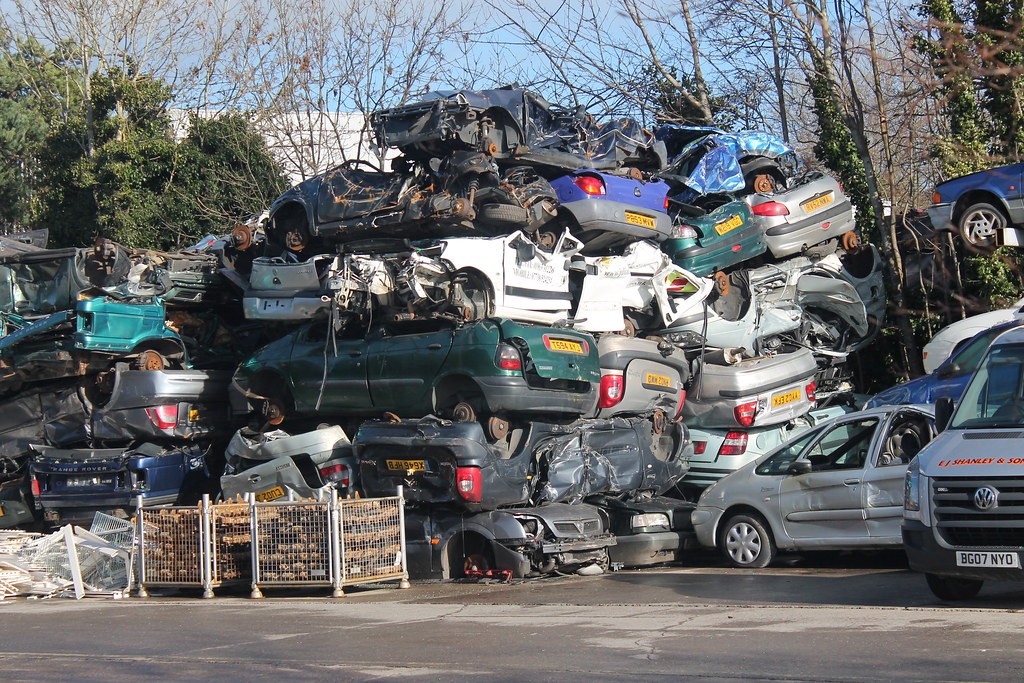Electric cars appear to be accelerating in their adoption. The UK is close to having more than half a million electric cars on its roads (currently about 477,000). One could add to this the roughly 348,000 hybrid cars, but these are a half way step, and it entirely depends on how they are used, as to whether they end up being cleaner or not. Never-the-less the number of cars in the UK that can drive at least a little distance on zero emissions is approaching 1 million.

Now it is true that as there are 32.5 million cars on the roads, only 1.5% are electric. As such this switchover is only just beginning.
Surveys suggest that increasing numbers of Britain’s are intending to buy an electric car next time they buy. I believe in the next decade, we will see the number of electric cars surge to perhaps half of the UK fleet. This of course assumes that the manufacturers can keep up which is a big assumption. Tesla hopes to be making 20 million electric cars by 2030, but all the old car companies need to make far more progress, or they are going to go out of business as companies like Nokia did – they did not switch to smart phones and quickly became irrelevant.
I would question the sanity of someone buying a brand new combustion engine car at this point. As I have written, we have recently gone electric. Part of the reason for this, is that we realized that we could get a far nicer car, and by paying it off over 7-8 years we can keep costs lower than if we were just buying petrol. It is true, that we went with a used car – but this is one of the advantages of electric cars, they are expected to last far longer. Currently the average combustion engine car drives about 200,000 before being scrapped, given that many of the parts in an electric car are made to last far longer than this it is going to be far higher. Tesla electric motors are expected to last about 500,000 miles on the road, with many doing far more.











